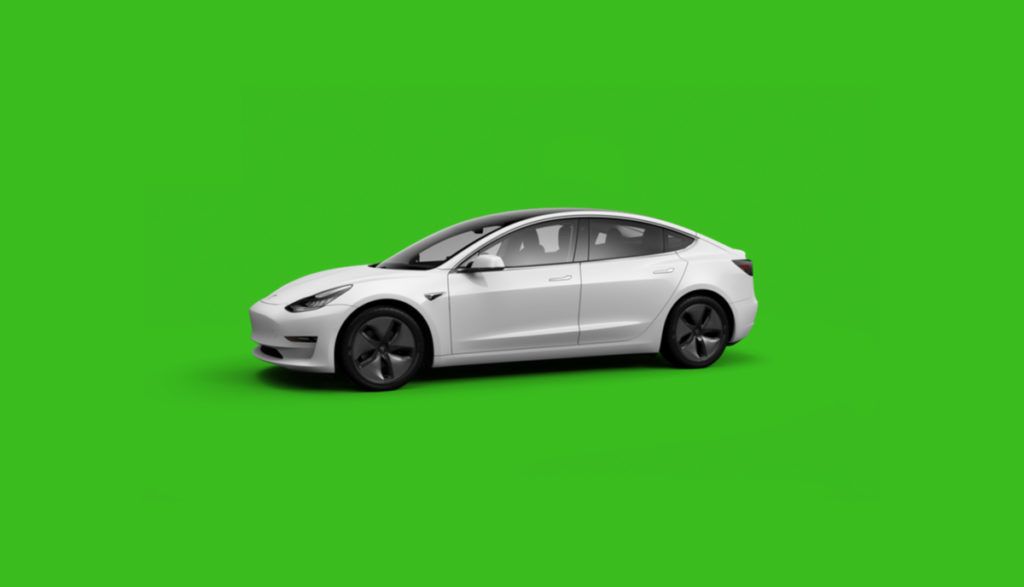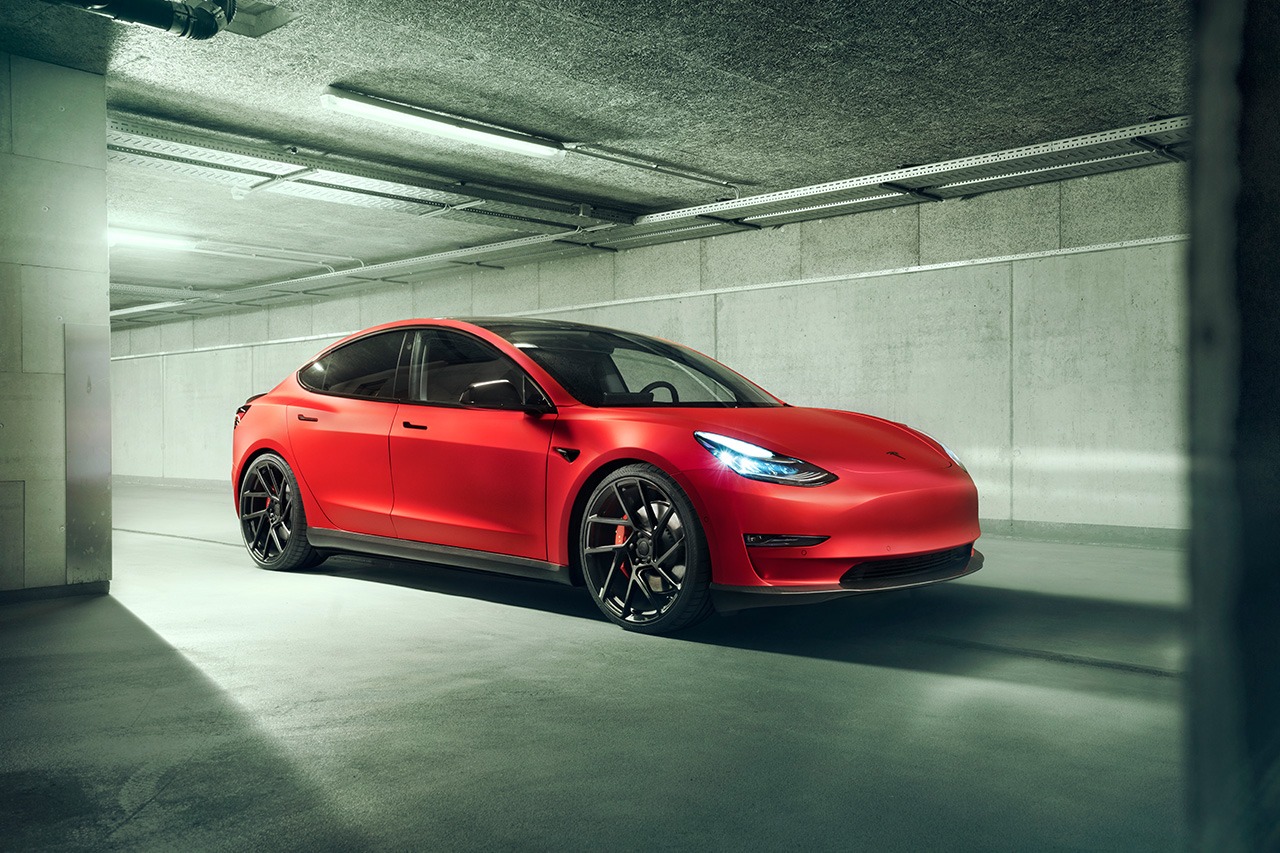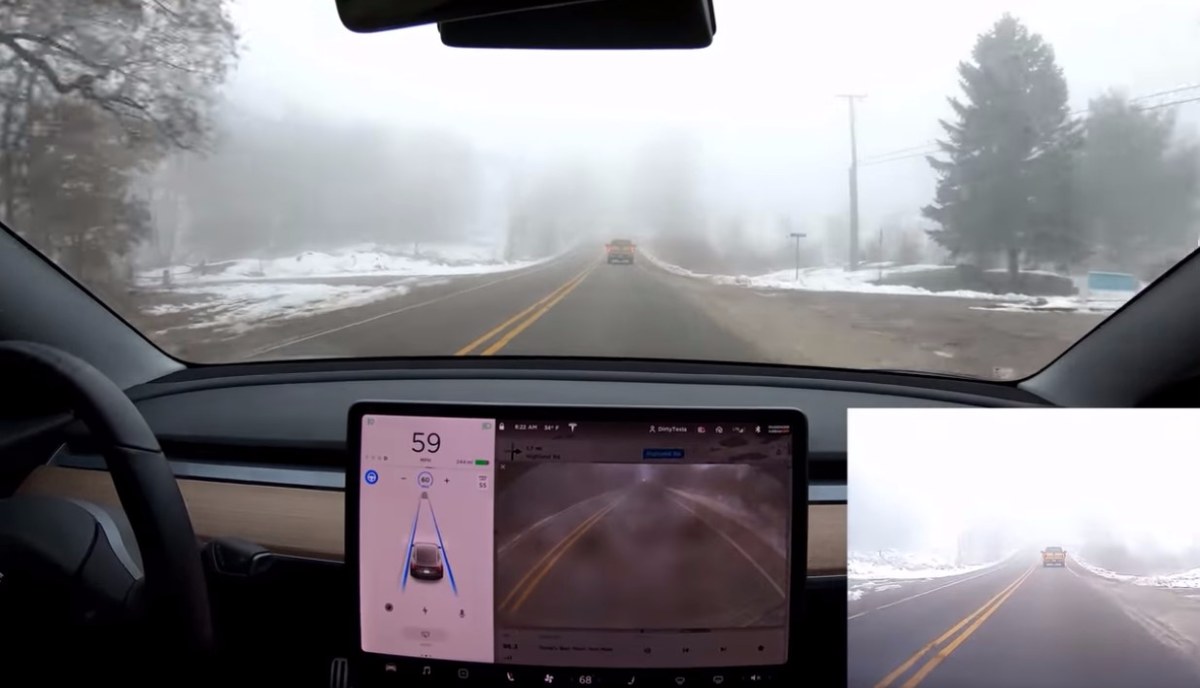The National Highway Traffic Safety Administration (NHTSA) had earlier warned Tesla to stop making misleading statements regarding its Model 3 safety rating. The agency is planning to report Tesla to the FTC consumer division to investigate any false claims made by the company. The truffle between Tesla and NHTSA started after the Tesla Model 3 electric car passed with flying colors in the NHTSA crash test.
The Tesla Model 3 was awarded a 5-star rating which is the highest crash-test score the NHTSA awards. This prompted Elon to make a statement regarding the Tesla Model 3 that it has the lowest probability of injury to occupants than any vehicle ever tested by the NHTSA.
Although technically and factually Tesla is correct, NHTSA claims that their safety ratings are being taken out of context. Thus the agency has decided to come out and clear the air once and for all.
NHTSA Says Tesla Model 3 Safety Ratings Aren’t What They Seem

If you own a Tesla Model 3 and are worried whether your car has a false safety rating or not, then there’s no need to panic. All the scores awarded to the Tesla Model 3 electric car are totally legit. It’s in the way those scores are being interpreted and is causing a problem between NHTSA and Tesla.
Technically Tesla is a safe car because it scored flawlessly in all the tests conducted by the NHTSA. Furthermore, Tesla also went the extra mile and got the Model 3 tested for Vehicle Safety Score or VSS. The better the VSS score, the less likely the occupants are to get injured. Tesla Model 3 achieved the highest VSS score than any other car on the market, which gave them a unique opportunity to be factually correct and boast their technical prowess at the same time.
This is why Elon said that Tesla Model 3 has the lowest risk of injury to occupants.
However, the problem with this statement, as NHTSA points out, is basic physics. The score awarded to the Tesla Model 3 is relative and does not guarantee low injury probability in all types of crashes.
For example, if the Tesla Model 3, which weighs around 1,650 kg, were to crash head to head with a FORD F-150 having a weight of 2,766 kg, the occupants of the heavier vehicle were more likely to survive the crash.
This is because of basic physics, the more mass a vehicle has, the more inertia it has. Thus, when a crash happens, the body of the heavier vehicle is able to absorb more impact caused by the collision.
The NHTSA has already said that it is not possible to say that the Tesla Model 3 with its 5-star ratings is safer than other similarly rated vehicles during a head-to-head collision.
A lawyer for Tesla says the company respectfully disagrees with the agency’s claims. According to the lawyer, the company isn’t claiming anything that is ‘misleading’. Regarding NHTSA’s reasoning that the car’s weight is an important factor in determining the risk of injury, Tesla said that no claim has been made from their side that Tesla Model 3 will outperform any heavier vehicle.
Tesla’s Not First Rodeo
Tesla is no stranger to any type of controversies and this isn’t their first rodeo with authorities either. Earlier in 2013, Tesla had also locked horns with the NHTSA over the safety ratings of Model S. Back then, Elon had claimed that Tesla Model S had achieved “a new record for the lowest likelihood of injury to occupants.”
In a 2018 blog post, the NTSHA reiterated that there is no ‘safest vehicle’ among all the vehicles awarded a 5-star rating. But Tesla isn’t ready to budge. The electric car maker is going to stick with the VSS score.
That’s why this time around the NHTSA is planning to report Tesla to the Federal Trade Commission’s Beaurau of Consumer Protection to clear the issue once and for all.
Tesla Model 3 And Trouble
Keeping aside this ongoing tug of war between Elon Musk and NHTSA, no one can ignore the fact that Tesla Model 3 is an outright performer. The electric car has been awarded perfect scores in the European NCAP safety tests and Australian ANCAP safety tests as well.
Model 3 is currently among the best selling cars in the US and is doing well in several parts of Europe as well. Now, whether the Tesla Model 3 safety rating issue will affect its sales in the future remains to be seen.
Tesla is currently battling lawsuits over the infamous autopilot crash involving an Apple engineer.
My Take
Sure, physics is on the side of NHTSA but the agency only tests the physical integrity of the Tesla electric car and not the other safety features like the autopilot, full-self driving capabilities, and emergency braking.
Hence, based on the highest VSS score and the added safety features provided by the software updates, it is safe to assume that Tesla Model 3 is one of the safest vehicles out there.
Now, it’ll always remain debatable ‘whether it is the safest vehicle of all time.’










